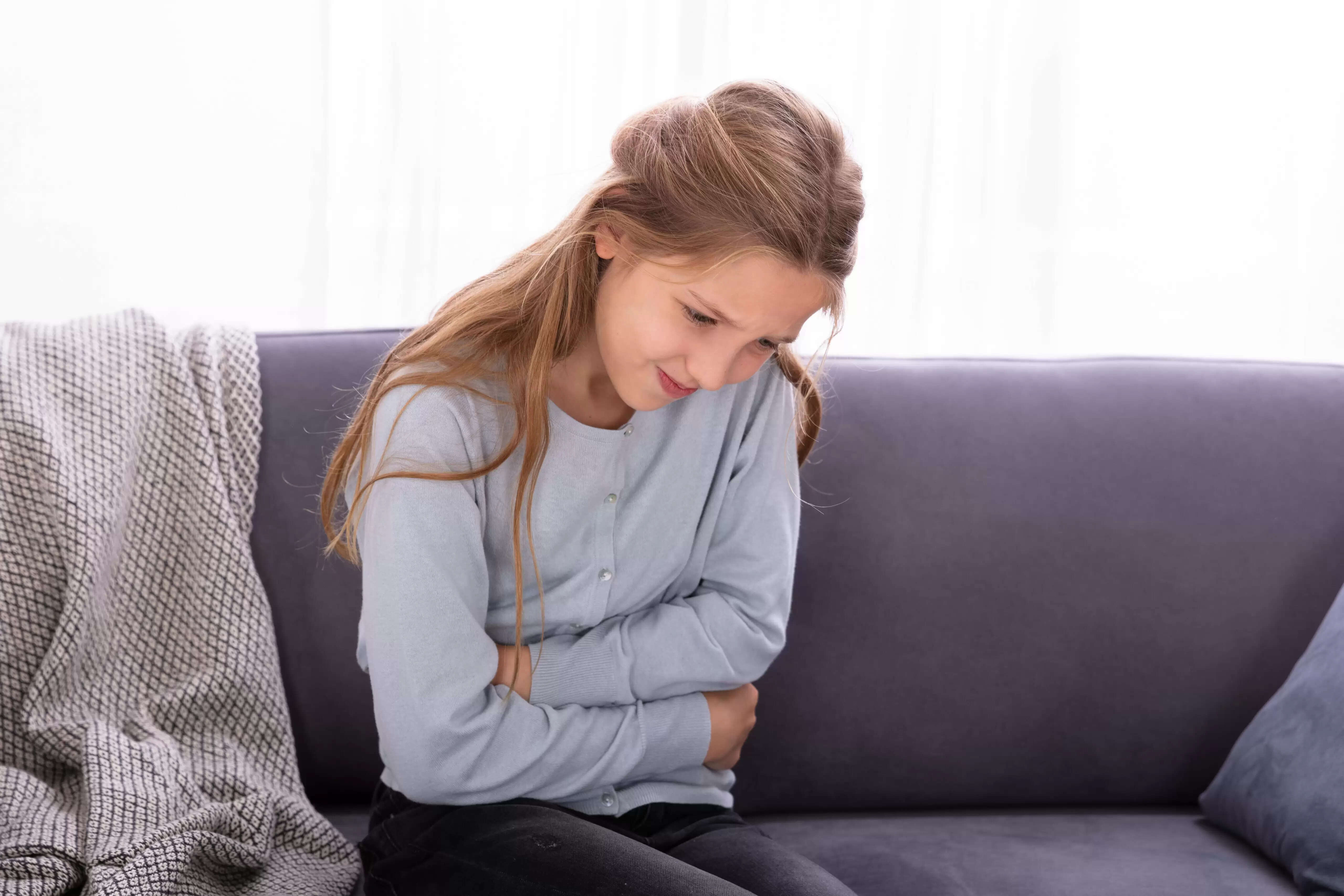Suffering From PCOD? Here’s All You Need To Add And Avoid In Your Diet

If you are experiencing acne breakouts, excessive facial hair growth, weight gain, irregular periods and hair loss, there is quite a possibility that you are suffering from PCOD. Women having these symptoms need to be extremely careful about their diet and lifestyle. Having a PCOD diet is one of the easy ways to manage this condition.
In this article let’s learn from a famous acupuncturist, Dr Jewel Gamadia about PCOD and what all you need to eat and avoid if you are suffering from this condition and also the best supplements that you can take.
What is PCOD?
Polycystic Ovarian Disease (PCOD) is a hormonal disorder common among women across the globe. Affecting women of reproductive age group, in this medical condition ovaries will often release either immature or only partially-mature eggs, which can go on to develop into cysts (little sacs filled with liquid). Due to this, ovaries become enlarged and secrete an excess quantity of male hormones called androgens. Higher androgen levels further lead to increased levels of inflammation in women and being overweight can contribute to inflammation. However, lifestyle changes, mainly the dietary ones can go a long way in helping you deal with PCOD.
PCOD Diet: What to Eat
Though there is no permanent cure for PCOD, the symptoms can be managed. By consuming a right diet, a remarkable improvement can be witnessed. Dr Gamadia suggests a few dietary modifications.
- Take a high fibre diet: If you are suffering from PCOD, you must closely observe your fibre intake as it slows down digestion which is effective when it comes to combating insulin resistance. Also, it supports your gut health and maintains hormonal balance. You must consume at least 35-40 grams of fibre per day. You can have fruits especially oranges and bananas, vegetables like spinach, whole grains and lentils.
- Include healthy fats: A PCOD patient needs to have a good amount of healthy fats in her diet as it will not only help her feel more satisfied after meals but also tackle weight-loss and symptoms of PCOD. Dr Gamadia suggests eating fox nuts (makhana), flaxseeds and walnuts.
If you include all the above foods regularly in your diet, your body will get all the necessary nutrients that it needs to control PCOD.
PCOD Diet: What to Avoid
- Avoid hydrogenated oil foods: Make sure you check the label on packaged chips and processed foods before buying. If they contain hydrogenated oil avoid purchasing as it can raise your cholesterol and add calories. Moreover, this oil can also affect your liver and intestine and can increase oestrogen production.
- Cut out sugar: If you have PCOD, sugar can wreak havoc on your health. It can contribute to high blood pressure, high levels of triglycerides and high levels of C-reactive protein, all of which are linked to oxidative stress and inflammation.
- Avoid ‘whey’ protein: You must only consume milk proteins like soya, eggs, or vegan proteins if you have PCOD. Whey protein can disturb your pH levels due to which your glands won’t be able to recover faster, and swelling will stay for longer.
Supplements for PCOD:
- Zinc (12 -20 mg): Zinc is a crucial cofactor for various enzymes and is majorly involved in intracellular signalling, structural functions, lipid metabolism, glucose metabolism and fertility.
- N-Acetyl-L-cysteine (NAC) (upto 200 mg): Taking this supplement helps to subside the symptoms of PCOD.
Dr Gamadia also suggests PCOD patients to get their B12 AND D3 tested. If either of the two is low, then they should consult their doctor regarding the supplementation. He further suggests doing exercise as it helps lymph to move through the lymphatic system and this reduces swelling. Even if you don’t want to exercise, just do walking so that you sweat.
Conclusion:
PCOD is a lifelong condition, and while there is still no definitive cure or treatment to get rid of it, minor lifestyle changes in the form of proper diet and exercise can make a difference.
Disclaimer: The above content is for informational purposes only and should not be used as a substitute for the advice of a qualified physician or doctor. The Company does not vouch for or endorse any of the above content, and disclaims any and all warranties, express or implied, relating to the same.
.png)